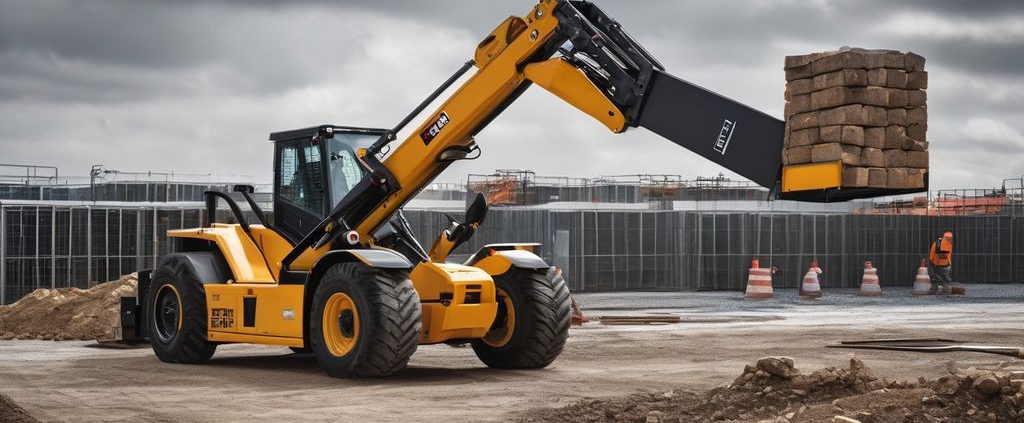Lithium Forklift Battery Cost: Price Breakdown, ROI, and Savings vs Lead-Acid
Introduction
Forklift batteries are the heart of any warehouse or logistics operation. Choosing the right battery impacts uptime, operational efficiency, and overall cost. In recent years, more companies are switching from traditional lead-acid batteries to lithium solutions. While lithium forklift batteries may come with a higher upfront cost, the long-term benefits—reduced maintenance, longer lifespan, and improved efficiency—make them an attractive option.
In this guide, we will break down the lithium forklift battery cost, compare it with lead-acid alternatives, and explore ROI and long-term savings.
Factors Affecting Lithium Forklift Battery Cost
Several factors influence the price of lithium forklift batteries:
- Voltage & Capacity – Forklifts come with different voltage requirements (24V, 36V, 48V), and amp-hour (Ah) ratings significantly affect cost. Higher voltage and capacity mean higher upfront price but more runtime.
- Brand & Technology – Premium brands often offer better warranty and integrated Battery Management Systems (BMS) that optimize performance and extend life.
- Charger Compatibility – Fast chargers or opportunity charging setups may require additional investment.
- Customization – Forklifts with unique size or power requirements may require tailored battery solutions.
Small, medium, and heavy-duty lithium batteries for forklift are priced based on voltage, amp-hour rating, and application needs.
Average Price Range (2025 Estimates)
Based on industry trends, typical lithium forklift battery prices are:
- Small forklifts (24V / 200Ah): $3,000 – $5,000
- Medium forklifts (36V / 400Ah): $7,000 – $10,000
- Heavy-duty forklifts (48V / 600–700Ah): $12,000 – $20,000+
Prices vary depending on supplier, brand, and fleet size. Always consider total cost of ownership rather than just upfront price.
Lithium vs Lead-Acid: Cost Comparison
While lead-acid batteries are initially cheaper, lithium offers significant advantages:
| Feature | Lead-Acid | Lithium |
| Upfront Cost | Low | High |
| Lifespan | 3–5 years | 8–10 years |
| Maintenance | High (watering, cleaning) | Very Low (maintenance-free) |
| Charging Time | 8–12 hours | 2 hours (opportunity charging possible) |
| Total Cost of Ownership | Medium to High | Lower over 5–10 years |
Unlike traditional lead-acid batteries for forklift, lithium models require no watering, reduce downtime, and last much longer.
Total Cost of Ownership (TCO) & ROI
Evaluating battery cost purely based on initial investment can be misleading. Total Cost of Ownership (TCO) takes into account:
- Energy Efficiency Savings – Lithium batteries charge faster and discharge more efficiently, reducing electricity costs.
- Reduced Downtime – Opportunity charging allows forklifts to stay operational between shifts, increasing productivity.
- Lower Labor Costs – No need for maintenance tasks like watering or cleaning, freeing staff for other tasks.
- Fewer Replacements – Lithium batteries often last 2–3 times longer than lead-acid batteries.
Example: A fleet of 10 forklifts switching from lead-acid to lithium could save over $50,000 in TCO over 5 years, factoring in energy, labor, and replacement costs.
Additional Benefits Beyond Cost
Lithium batteries also offer advantages that go beyond finances:
- Safety – Reduced risk of acid spills, less ventilation required.
- Sustainability – Fewer battery replacements, recyclable components, lower environmental impact.
- Automation Compatibility – Ideal for automated guided vehicles (AGVs) and warehouse robotics.
- Weight Reduction – Lighter batteries improve forklift handling and efficiency.
Choosing the Right Lithium Forklift Battery
When selecting a lithium battery for your forklift, consider:
- Voltage & Ah Matching – Ensure the battery meets your forklift’s specifications.
- Charger Compatibility – Check if your existing charging setup supports lithium.
- Duty Cycle Needs – Single-shift vs multi-shift operations require different capacities.
- Supplier Reliability – Warranty and after-sales support are critical for fleet operations.
Exploring trusted options and consulting suppliers can help ensure maximum ROI and reliability.
Conclusion & Call-to-Action
While lithium forklift batteries come with a higher upfront cost, their long lifespan, reduced maintenance, faster charging, and overall savings make them the smart choice for modern warehouse operations.
If you are evaluating the long-term ROI of upgrading your fleet, explore our full range of lithium batteries for forklift and request a custom quote today.


